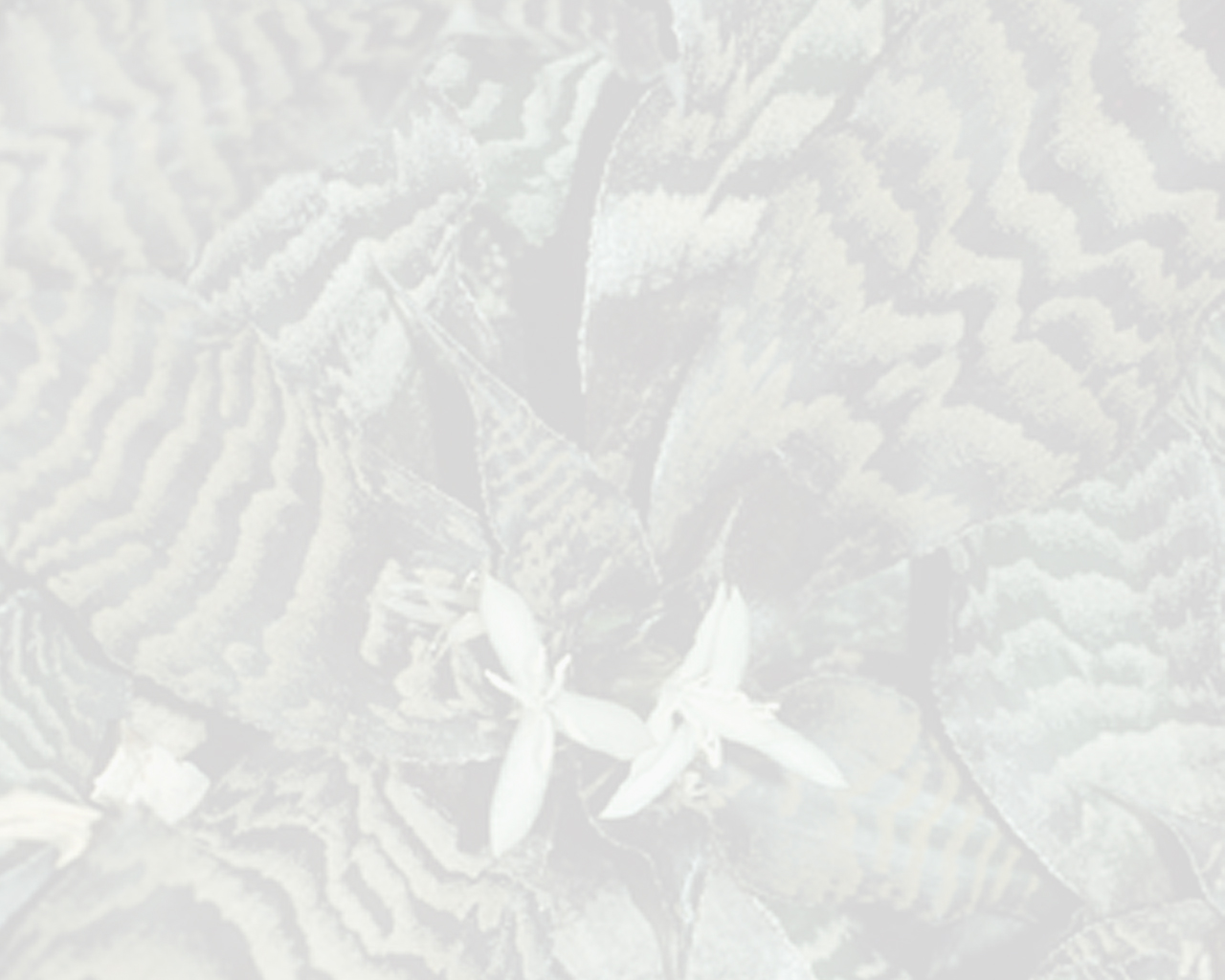

Andrade et al. 2025 (Article) Bromelioideae, Tissue culture
In vitro conservation of three endemic Bromeliaceae species and reintroduction into their natural habitat
Author(s):—D.S.d.S. Andrade, E.H. Souza, E.M.R. Costa & F.V.D. Souza
Publication:—Journal for Nature Conservation : 126839. (2025) — DOI
Abstract:—Aechmea and Lymania are endemic Bromeliaceae genera that are vulnerable due to predatory extraction for their ornamental potential. In vitro conservation can be a strategy to minimize these impacts. The aim of this study was to establish and evaluate the in vitro conservation and reintroduction into natural environments of three species of Bromeliaceae that are endemic to Brazil: Aechmea conifera, Aechmea perforata and Lymania languida. The in vitro conservation experiment was carried out with seedlings originating from seeds collected from a natural population. Plant height, number of green and senescent leaves, and number of roots were evaluated at 180, 360 and 540 days after in vitro conservation. We reintroduced the three species in the same seed collection areas: the municipalities of Uru?uca, Itacar? and Boa Nova in the state of Bahia, Brazil. The plants were acclimatized and at 90 and 180 days, A. conifera and L. languida were established on phorophytes, while A. perforata was planted in the soil. The plants were monitored by georeferencing and survival assessments for six months and one year. The conservation parameters of 18 ?C and ? MS salts were efficient in reducing the in vitro growth rate of plants from the three bromeliad species evaluated. Their reintroduction was effective, with a success rate of 100 % for A. conifera and L. languida and 92 % for A. perforata. The plants demonstrated normal development from acclimatization to one year in the natural environment. These are the first records of reintroducing Bromeliaceae into natural environments from plants grown in vitro.
Keywords:—Bromelioideae, Bromeliads, Tissue culture, Endemic species